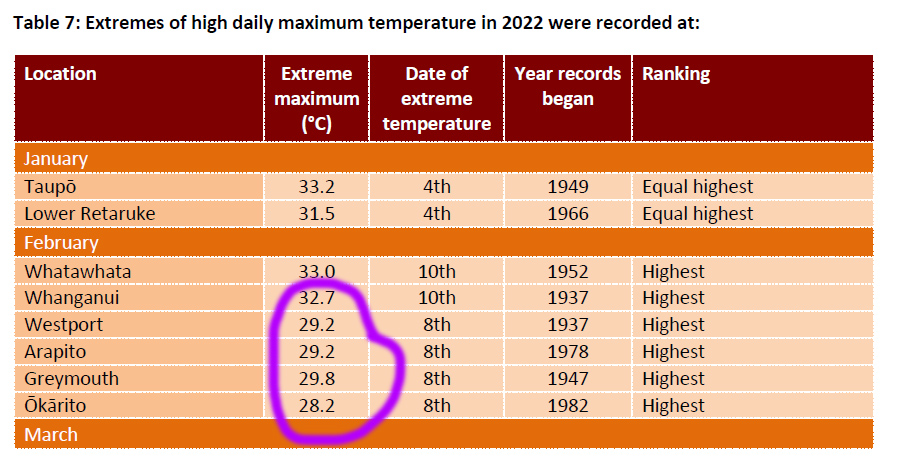 THE GREAT EXPERIMENT
THE GREAT EXPERIMENT
Can a market keep growing? Peter Hensley reckons commentators aren’t factoring in the looming retirement of the baby-boomers
The past five years has witnessed the US authorities conduct a huge economic experiment. In an effort to avoid an economic calamity they have reduced interest rates to a point where they have virtually been giving money away to institutions. That is, banks could borrow funds at 1% interest (from the Federal Reserve) and lend it out to punters for mortgages at 4 and 5%. President Bush and the US Government instituted massive tax rebates whilst at the same time encouraging punters to borrow against the value of their houses (with home mortgage interest being tax deductible in the US). These factors combined ensured that the buying public had enough liquid cash to keep the economy running at full steam.
The side effect of this massive experiment of providing oceans of liquidity has meant that the country (USA) and its buying public have gone further and deeper into debt than ever before. The US budget deficit (difference between income tax and government spending) is the biggest ever recorded. Consumer spending has also created the largest trade deficit ever seen. In the short term the experiment has worked. The stock market has not crashed, people have felt wealthier and the enthusiasm (fuelled by the debt drug) has spilled over into real estate with people holding the mistaken belief that property never decreases in value.
The US Government and the American consumer have been spending beyond their means. Foreign Governments have been buying US Treasuries (ie loaning the US Government money) in an effort to keep them afloat. The saying goes, if a person owes the bank $10,000 and cannot pay it back, the person has a problem. However if a person owes the bank $10,000,000, and cannot pay it back, the bank has a problem. Foreign Governments and institutional economists are watching the situation closely. Generally, if a country’s deficit stretched over 5% of their GDP (Gross Domestic Product), their currency was devalued and their government debt (bonds) was placed into junk bond status. The US deficit is projected to reach 7% of GDP this year and foreign Governments are still queuing up to lend them money. We live in interesting times.
It is obvious now that the US authorities have another problem. They have successfully avoided a stock market crash, but have created a debt bubble that now presents its own problems.
Too much money in an economy typically translates into inflation. The US now has an excess of money in its system with its money supply (ie dollar bills on issue) effectively more than doubling in the last decade. To compound their problem, the 77 million baby boomers have not started saving for their retirement, expecting to either sell their shares or property (or both) to fund their later years. It does not take the brains of a rocket scientist to imagine what could happen next. The first baby boomers start to retire in less than 5 years.
The man on the street is either blissfully unaware or doesn’t care about his nation’s economic problem. He or she is acutely aware of the size of their mortgage payment and has been watching it increase steadily over the past twelve months. Sooner or later they will either make an effort to pay off their mortgage or choose to walk to away from it altogether. Individually, this decision will not impact the community (or nation) however collectively it might be a different story.
The Great American Consumer accounts for over 70% of GDP. If they stop going to the malls or stop paying their mortgage, then all hell is likely to break loose. With the national saving rate close to zero, it is likely that 77 million baby boomers are likely to reduce their spending in an effort to start saving for their pending retirement. A likely scenario is that the average greying American Consumer will alter their spending habits in order to save some ready cash for their pending retirement. They will possibly combine this with reducing their mortgage or debts in general. This change in consumer spending is likely to affect the wider economic landscape in ways they possibly could not imagine. In the words of Rachel Hunter, It won’t happen overnight, but it will happen.







